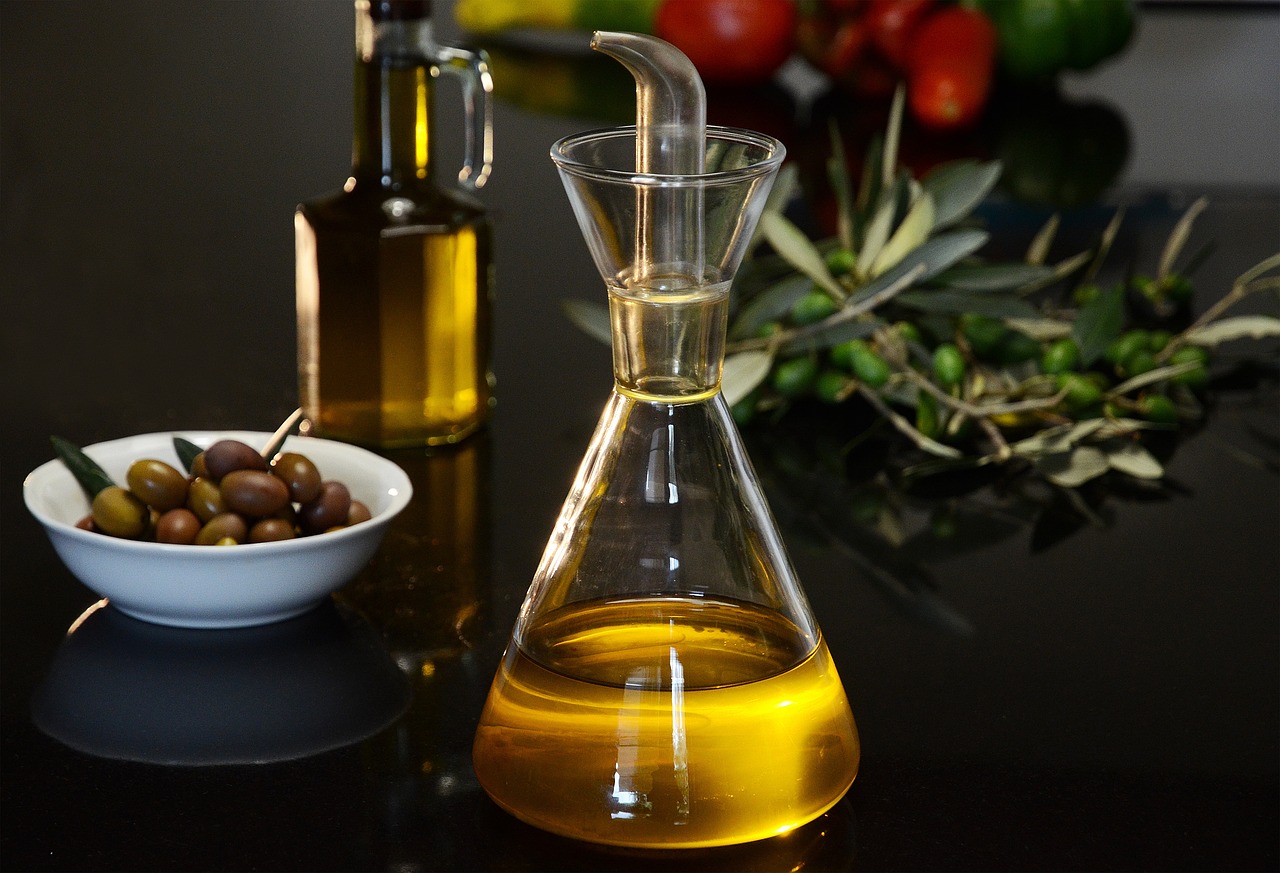Have you ever heard of the Mediterranean diet, praised by some as one of the healthiest diets globally? Often celebrated for its flavorful blend of natural ingredients and traditional cooking methods, this diet is a culinary trend that may be more than a gimmick. But what exactly makes up this diet, and why has it garnered such acclaim?
Basic Overview of the Diet
Based on the food options from the coastal regions of the Mediterranean, this diet reflects the eating habits and culinary traditions of countries like Greece, Italy, and Spain. It emphasizes a high intake of plant-based foods, incorporating an array of fruits, vegetables, bread, other grains, potatoes, beans, nuts, and seeds. Olive oil is a staple, serving as the primary source of added fat due to its culinary versatility and nutritional profile.
The diet also occasionally includes fish, white meat poultry, and dairy products, typically enjoyed in their natural, less processed forms. Unlike many Western diets, red meat is much less frequent, appearing sparingly, if at all. This diet allows you to naturally limit the intake of highly processed foods and sugars, focusing on freshness and simplicity.
Key Foods of the Mediterranean Diet
Olive Oil: Central to the Mediterranean diet, olive oil is lauded for its monounsaturated fats, which can support a healthy heart by improving cholesterol and offering antioxidant properties.
Legumes: Beans, lentils, and chickpeas are prominent in this diet and valuable due to their high fiber content.
Nuts: Almonds, walnuts, and pistachios are great snack options or garnishes that keep your heart healthy due to their mix of healthy fats, protein, and fiber.
Leafy Greens: Staples like spinach and kale are packed with vitamins and minerals. You gain their benefits by including healthy greens in many meals without introducing too many calories.
Whole Grains: Foods such as whole wheat, oats, and barley provide fiber and calories in the least-processed way possible.
Fish: Particularly fatty fish like sardines, herring, salmon, and anchovies contain higher levels of omega-3 fatty acids than most foods in the average American diet, commonly found in Mediterranean cuisine due to their prime fishing location and history.
Fruits: Figs, grapes, and various citrus fruits contain essential vitamins, antioxidants, and fiber, all contributing to overall health maintenance.
Vegetables: The Mediterranean diet is incomplete without tomatoes, cucumbers, and bell peppers, which provide high levels of vitamins C and K, potassium, and fiber.
Evaluating the Effectiveness of the Mediterranean Diet
Is the Mediterranean diet truly a revolutionary health solution? According to numerous health experts and substantial research, the answer leans towards yes, but with some caveats. Predominantly, health professionals endorse the Mediterranean diet for its balanced approach to eating that aligns well with guidelines for preventing chronic diseases. It is also associated with dementia risks and improved overall longevity.
However, while the diet offers numerous health benefits, it is not a panacea for all health issues, especially those that already affect an individual. Each person’s nutritional needs can vary greatly, influenced by genetic factors, health conditions, and lifestyle choices. The Mediterranean diet can be one component of a broader, personalized health strategy, but it doesn’t address every possible issue. Anyone, even those with healthy diets and rigorous exercise routines, is capable of dealing with diseases, cancers, or health issues outside of their control.
Before making meaningful changes to your diet, always consult a doctor and hear their opinion on how the change will affect any current health conditions. They can identify potential health concerns of a complete Mediterranean diet, alter it to fit your specific situation, and ensure the new foods complement your overall health objectives. The specific components of the Mediterranean diet aren’t magic, and you are free to swap out certain foods for longtime favorites as you see fit. Anytime you make healthy dietary choices, your body thanks you for it.
Healthy living, especially if it involves specific dietary restrictions, is much harder to maintain as we age. Luckily, seniors who need assistance can find it through an assisted living and memory care facility, with full-time chefs and staff able to help residents achieve their goals. If you are considering assisted living, contact A Banyan Residence today.







